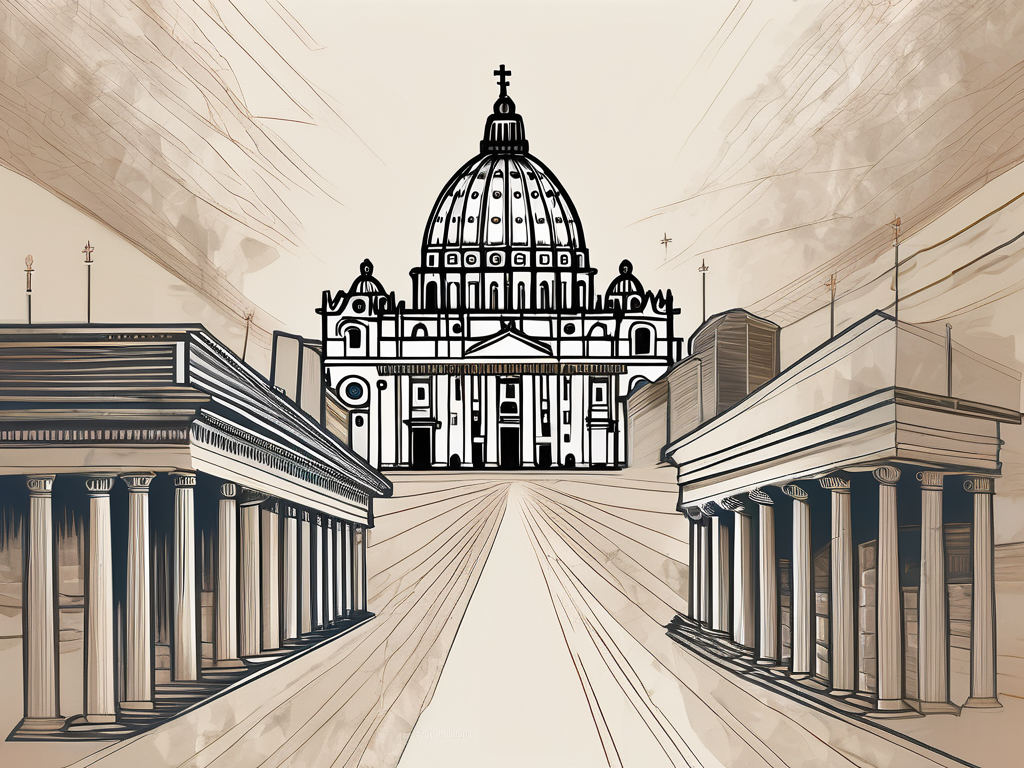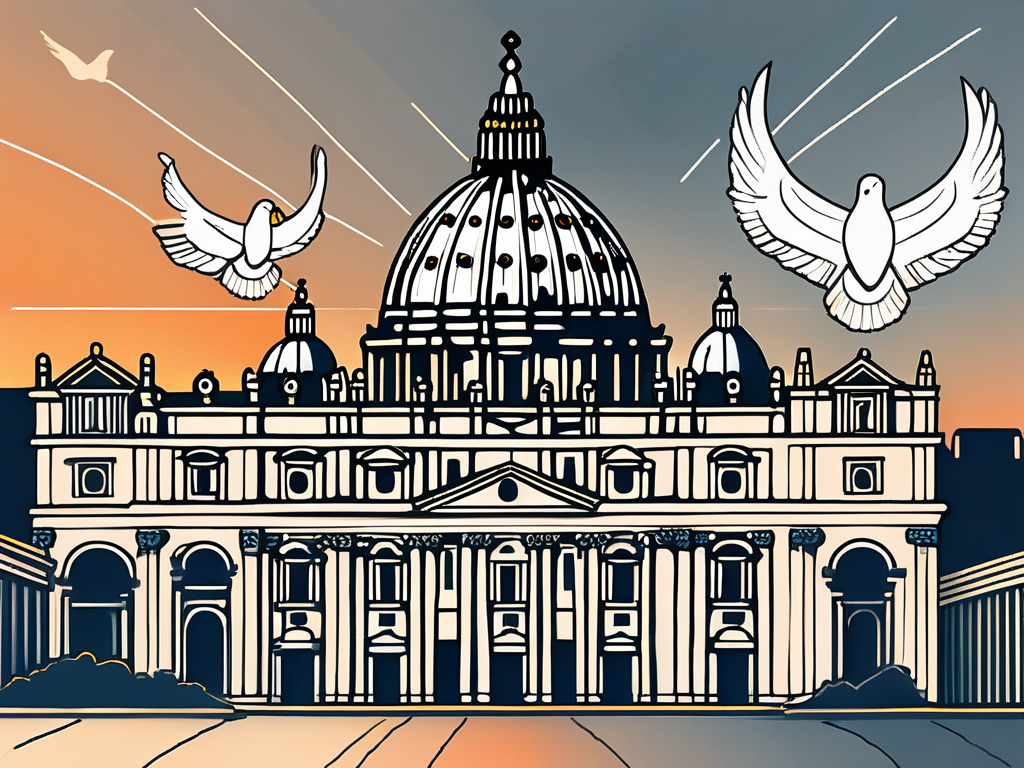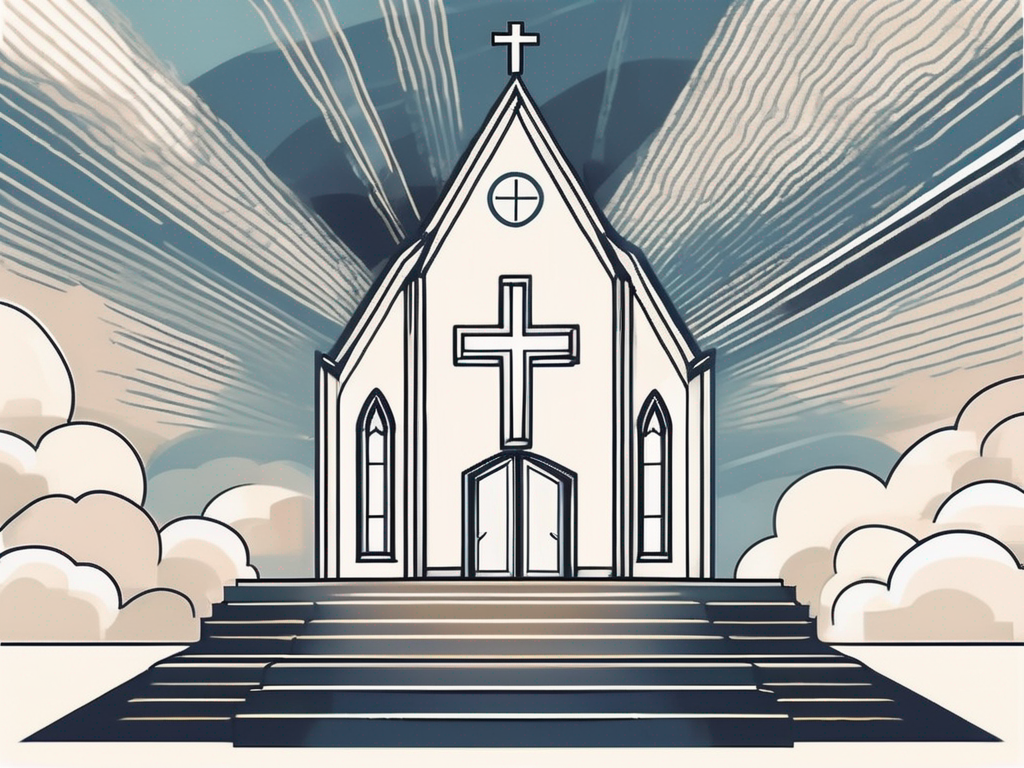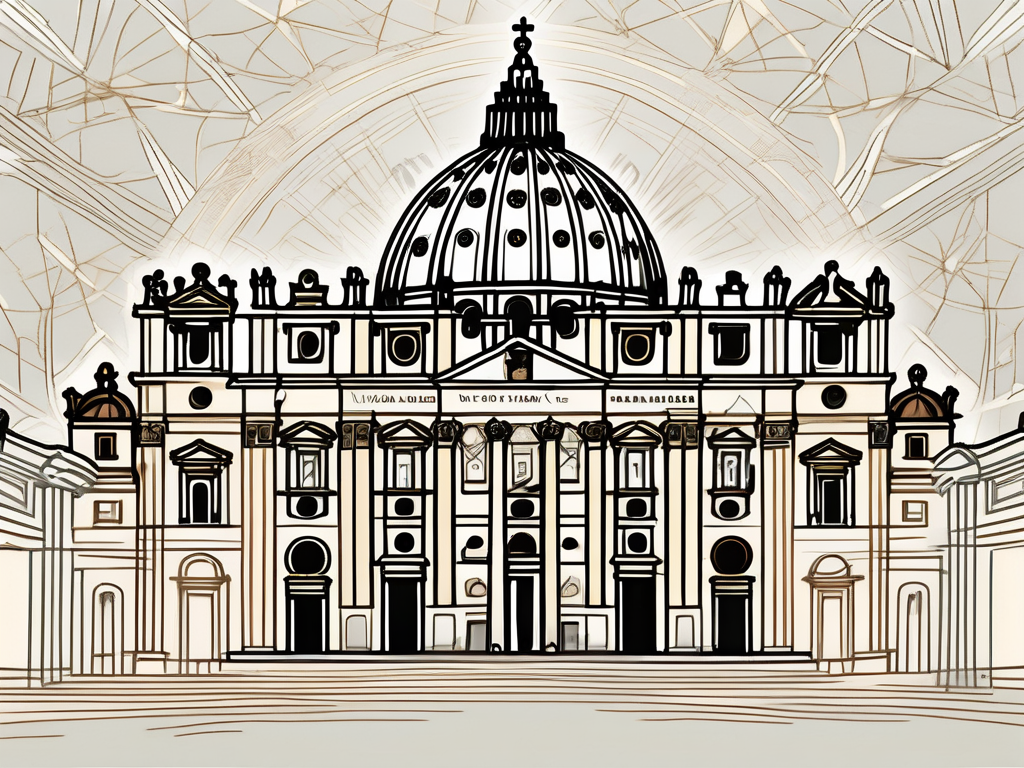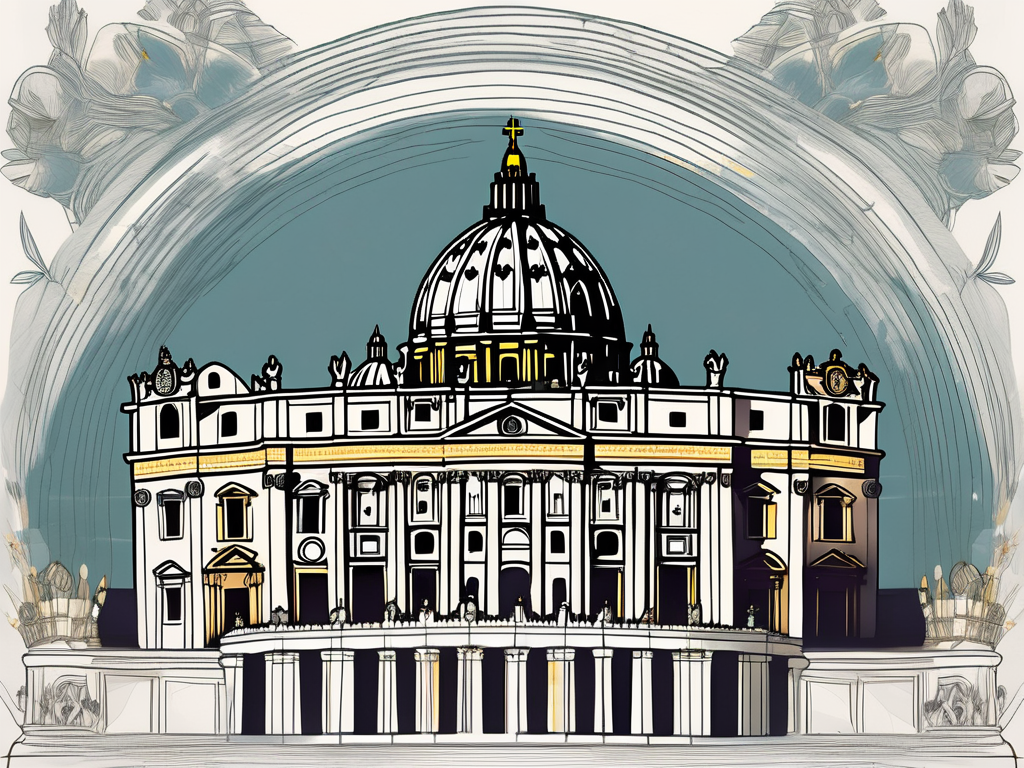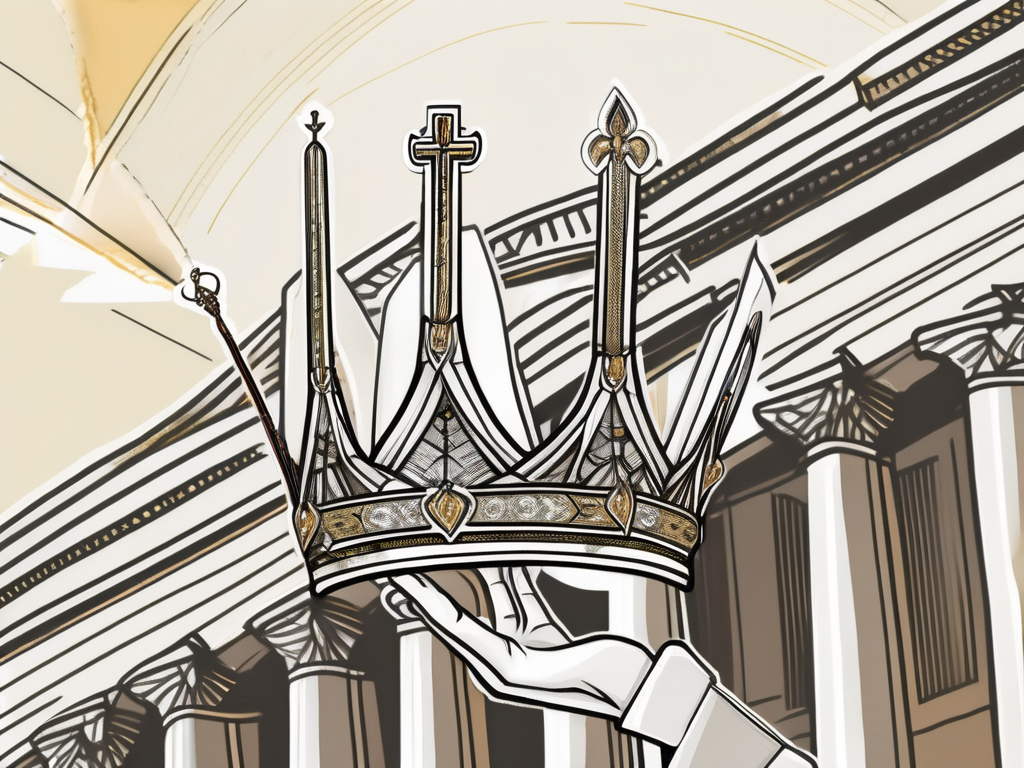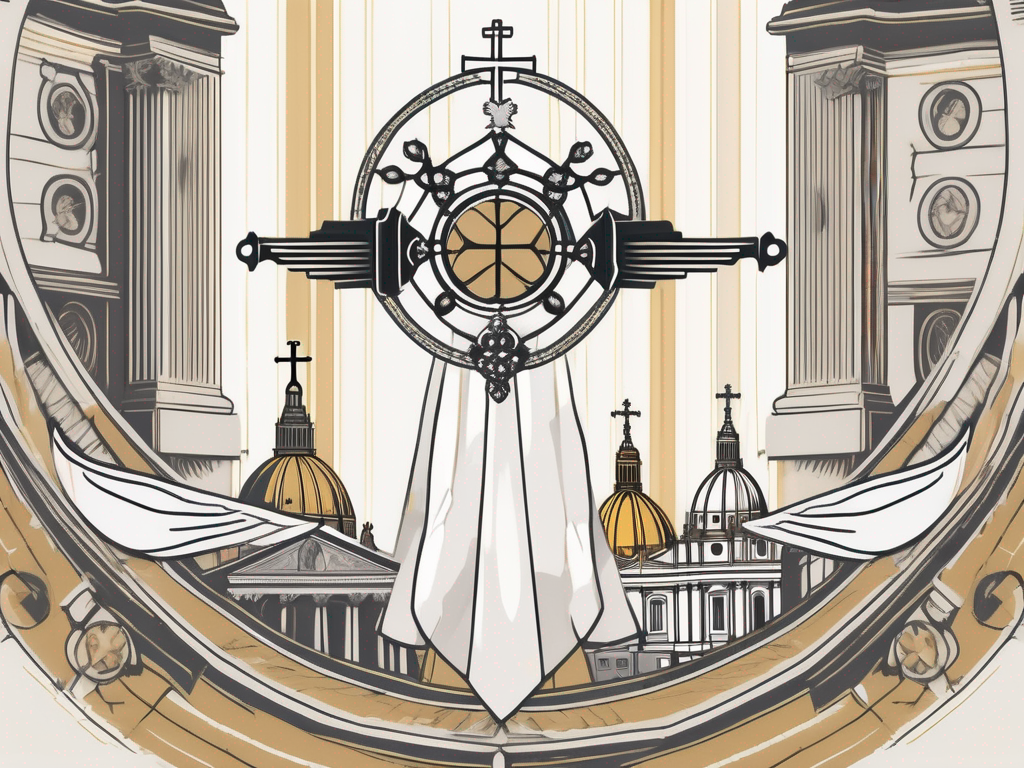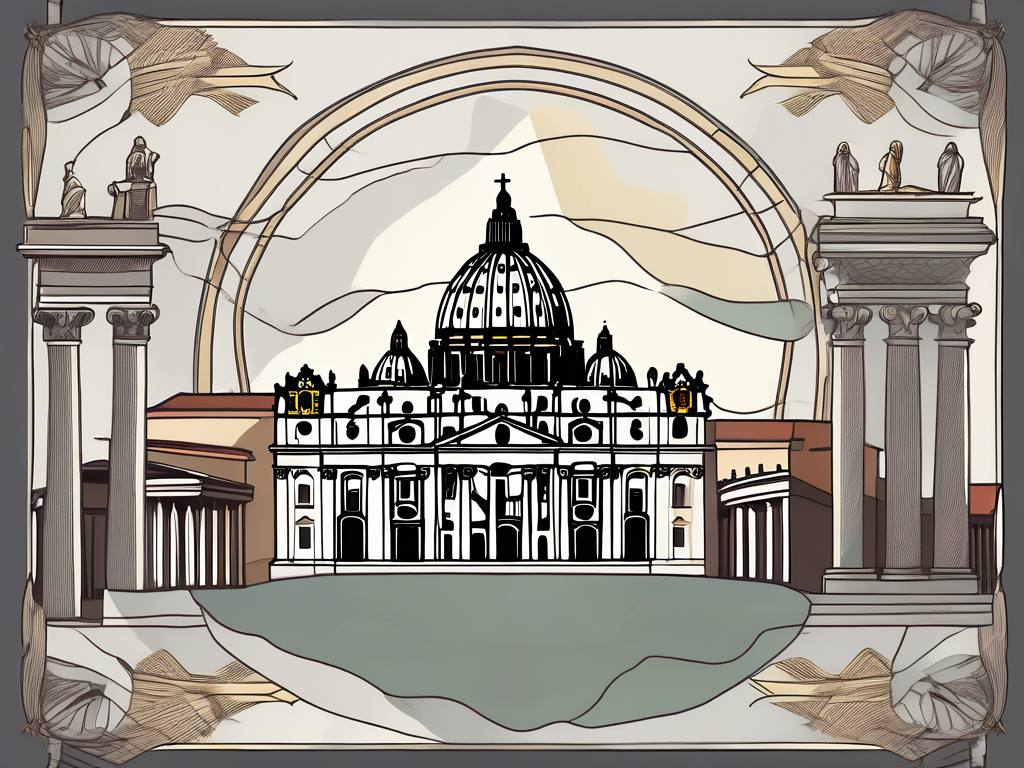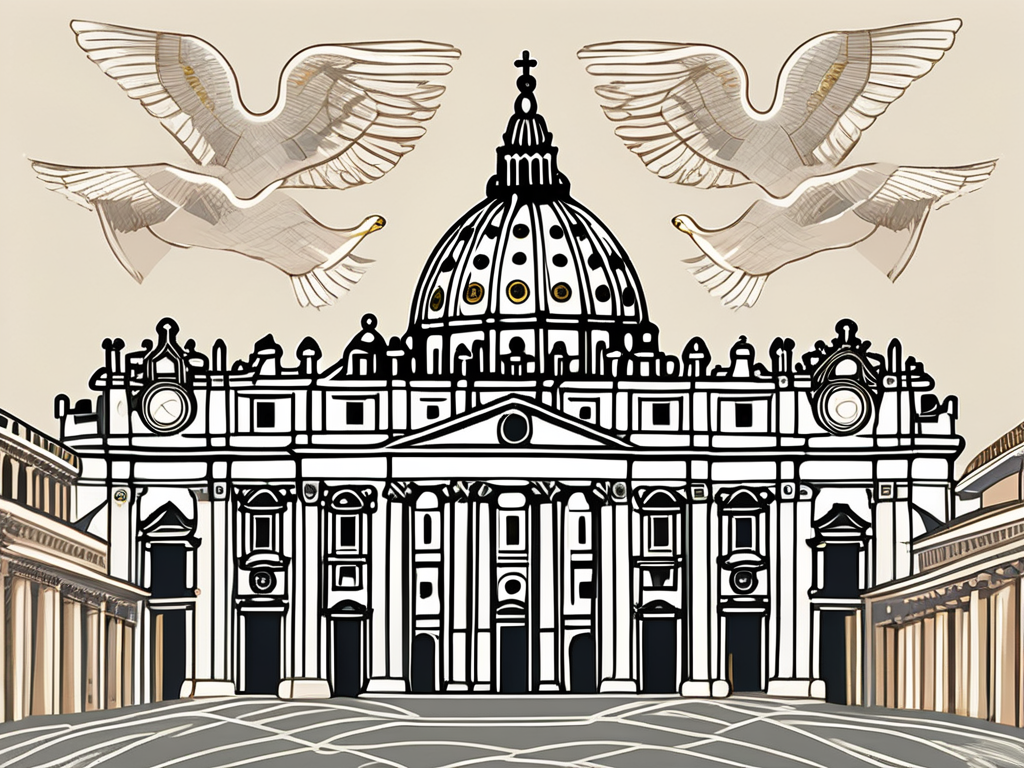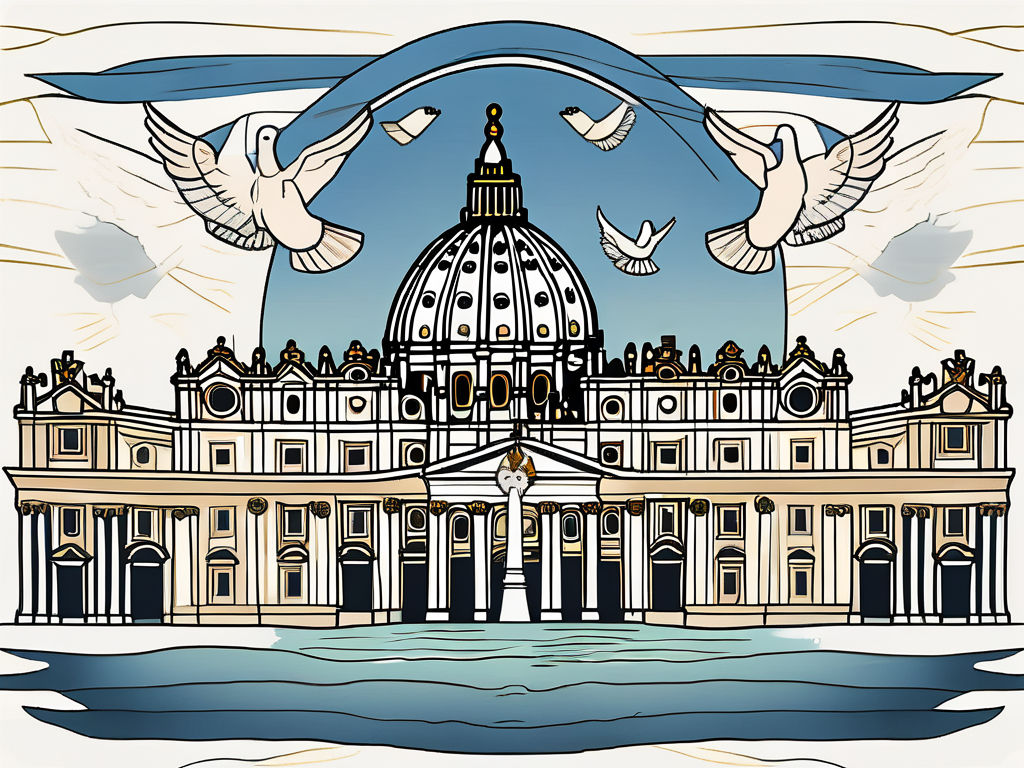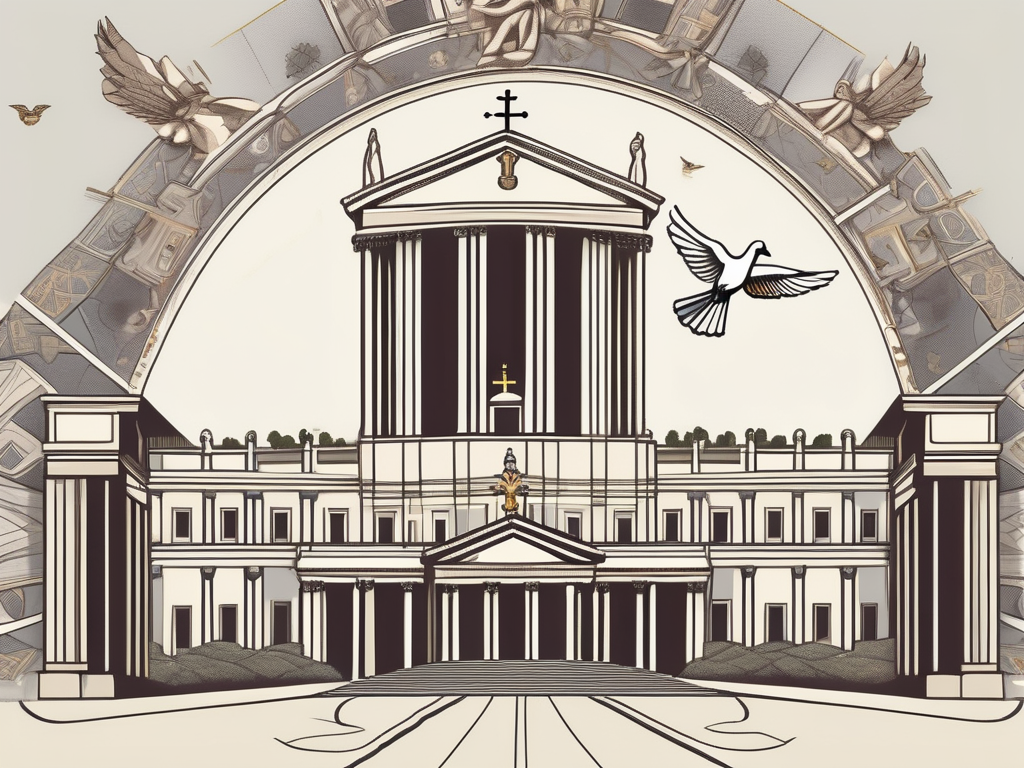In the vast history of the Catholic Church, one figure stands out as an influential and significant leader – Pope Pius I, the first pope with historical significance. His journey of faith and his impact on the development of the Catholic Church are worth exploring. Let’s dive into the early life, papacy, theological contributions, legacy, and historical context of Pope Pius I.
Early Life and Ascension to Papacy
Before ascending to the papacy, Pope Pius I had a remarkable journey that shaped his character and prepared him for his religious calling. Born into a devout Christian family, he experienced a strong spiritual upbringing.
Childhood and Early Influences
Pope Pius I’s childhood was steeped in religious teachings and traditions. His parents, devoted followers of Christ, instilled in him a deep sense of faith and a passion for serving others. Growing up, he often witnessed acts of compassion and mercy, which left a lasting imprint on his spirit.
His parents, who were active members of their local church, exposed him to the rich traditions and rituals of the faith. From an early age, he participated in religious ceremonies, learning the prayers and hymns that would become the foundation of his spiritual life.
Furthermore, his exposure to early Christian writings and the teachings of prominent figures such as the apostle Peter and St. Paul greatly influenced his faith. He immersed himself in the scriptures, studying the words of Christ and the apostles, seeking a deeper understanding of the Christian message.
As he grew older, Pope Pius I developed a keen interest in theology and philosophy. He engaged in intellectual debates with fellow believers, exploring the complexities of religious doctrine and seeking to reconcile any conflicts or inconsistencies.
These influences not only shaped his beliefs but also fostered a desire within him to spread the message of Christianity. He felt a calling to share the love and teachings of Christ with others, to bring comfort and hope to those in need.
Journey to the Papacy
As Pope Pius I reached adulthood, his commitment to the Church became increasingly evident. Recognizing his dedication and theological acumen, the leading figures of the Catholic community guided him towards the path of leadership.
He embarked on a pilgrimage to Rome, the heart of the Catholic Church, to deepen his understanding of the faith and to seek guidance from the religious authorities. During his time in Rome, he studied under renowned theologians and engaged in theological discussions with fellow scholars.
After a period of discernment and study, Pope Pius I was elected to the papacy. His election was a momentous occasion, as he became the first pope with historical significance. His papacy marked a turning point in the trajectory of the Catholic Church, as he sought to strengthen its foundations and address the challenges faced by the growing Christian community.
Throughout his papacy, Pope Pius I focused on promoting unity within the Church and defending its teachings against emerging heresies. He emphasized the importance of doctrinal purity and worked tirelessly to ensure that the true message of Christ was preserved and transmitted faithfully.
Under his leadership, the Church experienced a period of growth and stability. Pope Pius I’s unwavering commitment to the faith and his tireless efforts to shepherd the flock earned him the respect and admiration of believers around the world.
His papacy was marked by numerous accomplishments, including the establishment of charitable institutions to aid the poor and the marginalized, as well as the promotion of peace and reconciliation among warring factions. He was a compassionate leader who embodied the teachings of Christ in both word and deed.
Pope Pius I’s legacy continues to inspire and guide the Catholic Church to this day. His unwavering faith, intellectual rigor, and commitment to serving others serve as a testament to the transformative power of a life dedicated to God.
Pius I’s Papacy: A Period of Significant Change
During his papacy, Pope Pius I made several key decisions and implemented transformative policies that fundamentally shaped the Church in various ways.
One of his notable decisions was the enforcement of strict doctrinal discipline within the Church. Pius I firmly believed in preserving the teachings of the apostles and ensuring their authenticity in an era where heretical beliefs were prevalent.
This commitment to doctrinal discipline led Pope Pius I to establish measures to combat heresy and promote orthodoxy. He convened synods and councils to address theological disputes and clarify the Church’s stance on important doctrinal matters. These gatherings brought together bishops and theologians from different regions, fostering intellectual exchange and strengthening the Church’s theological foundation.
Additionally, he worked towards strengthening the unity of the Church by promoting interregional collaboration among the early Christian communities. Pope Pius I encouraged communication and sought to resolve any disputes or conflicts that arose, fostering a sense of solidarity among believers.
Under his leadership, the Church experienced a period of increased cooperation and mutual support. Pius I emphasized the importance of maintaining a unified front against external threats and challenges. This sense of unity not only strengthened the Church’s position but also facilitated the spread of Christianity to new regions.
Furthermore, Pope Pius I recognized the need for effective leadership within the Church. He appointed capable and dedicated individuals to key positions, ensuring that the Church’s administrative and pastoral needs were met. By selecting competent leaders, Pius I laid the foundation for a more efficient and organized Church structure.
Challenges and Controversies
Like any influential figure, Pope Pius I faced challenges and controversies during his papacy. Some individuals within the Church questioned his authority and disagreed with his decisions, leading to internal conflicts.
Moreover, Pope Pius I had to navigate the complex relationship between the growing Christian community and the Roman Empire. Striking a balance between their faith and the political dynamics of the time was no easy feat, and it presented several hurdles for the pope.
Despite these challenges, Pius I remained steadfast in his commitment to the Church’s mission. He sought to reconcile differences and promote unity, even in the face of opposition. His ability to navigate these controversies with grace and wisdom demonstrated his strong leadership and dedication to the Church.
In conclusion, Pope Pius I’s papacy was a period of significant change for the Church. His decisions and policies, such as enforcing doctrinal discipline and promoting interregional collaboration, shaped the Church’s trajectory and laid the groundwork for future developments. While facing challenges and controversies, Pius I remained steadfast in his commitment to the Church’s mission, leaving a lasting impact on the early Christian community.
Theological Contributions of Pope Pius I
Aside from his administrative responsibilities, Pope Pius I made significant theological contributions that continue to shape Christian doctrine and practice to this day.
Influence on Christian Doctrine
Pope Pius I played a crucial role in defending the orthodox Christian faith and combating heresies. He emphasized the importance of apostolic tradition and urged the Church to adhere steadfastly to the teachings handed down by the apostles themselves.
His unwavering commitment to orthodoxy helped solidify the foundational beliefs of Christianity and preserve the authenticity of the faith for future generations.
Writings and Teachings
In addition to his actions as pope, Pius I himself was a prolific writer and teacher. He composed several letters and treatises that addressed theological issues and offered guidance to the early Christian community.
His writings showcased his deep understanding of Scripture and his ability to convey complex theological concepts in a relatable and accessible manner. Today, these texts remain valuable resources for theologians and scholars seeking insights into the early Christian Church.
Legacy and Impact on the Catholic Church
Upon Pope Pius I’s passing, the Church underwent a period of transition, yet his legacy continued to resonate and shape the future of the Catholic Church.
Immediate Aftermath and Succession
Following his death, Pope Pius I was succeeded by his devoted disciple, Pope Anicetus. Under Anicetus’s leadership, the foundations laid by Pius I were further built upon, creating a lasting impact.
Notably, Pope Pius I’s commitment to defending orthodox Christian doctrine against heresies set a precedent for subsequent popes, who would continue in his footsteps to preserve and promote the true teachings of the Church.
Long-term Influence and Significance
Pope Pius I’s influence extends far beyond his own time. His unwavering commitment to orthodoxy and his efforts to combat heresies laid the groundwork for the development of Church doctrine, providing a strong foundation for future generations.
Moreover, his emphasis on unity within the Church serves as a reminder of the importance of collaboration and solidarity among believers. Pope Pius I’s papacy remains an integral part of the Catholic Church’s history and continues to inspire and guide generations of faithful followers.
Pope Pius I in Historical Context
To fully grasp the significance of Pope Pius I’s papacy, it is essential to understand the historical context in which he held his position.
The Roman Empire during Pius I’s Papacy
During Pius I’s papacy, the Roman Empire was undergoing significant changes, both politically and socioculturally. The early Christian community faced challenges amid an empire that embraced various religious beliefs.
Pope Pius I navigated these challenges by establishing dialogue and seeking common ground with the Roman authorities, allowing the Christian faith to flourish while avoiding unnecessary conflicts.
The Evolution of the Papacy Post-Pius I
Pope Pius I’s papacy marked a turning point in the evolution of the papacy itself. His commitment to preserving orthodoxy and his efforts to unify the Church set a precedent for future popes to follow.
Subsequent popes built upon the foundations established by Pope Pius I, refining and strengthening the role of the pope as the spiritual leader of the Catholic Church.
In conclusion, Pope Pius I, the first pope with historical significance, left an indelible mark on the Catholic Church. His early life, papacy, theological contributions, and lasting legacy continue to shape the Church’s doctrine and practice. Understanding his life and the historical context in which he lived allows us to appreciate his profound impact, guiding us to further explore the rich tapestry of the Catholic Church’s history and faith.
